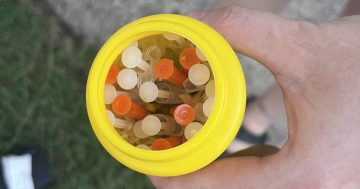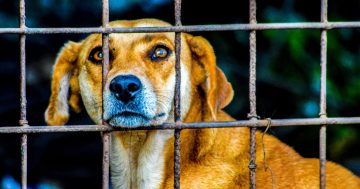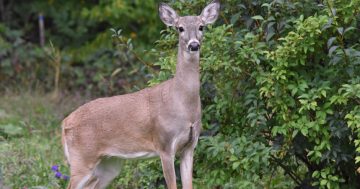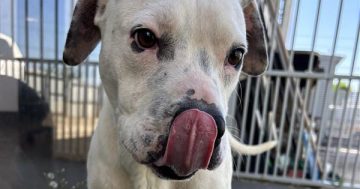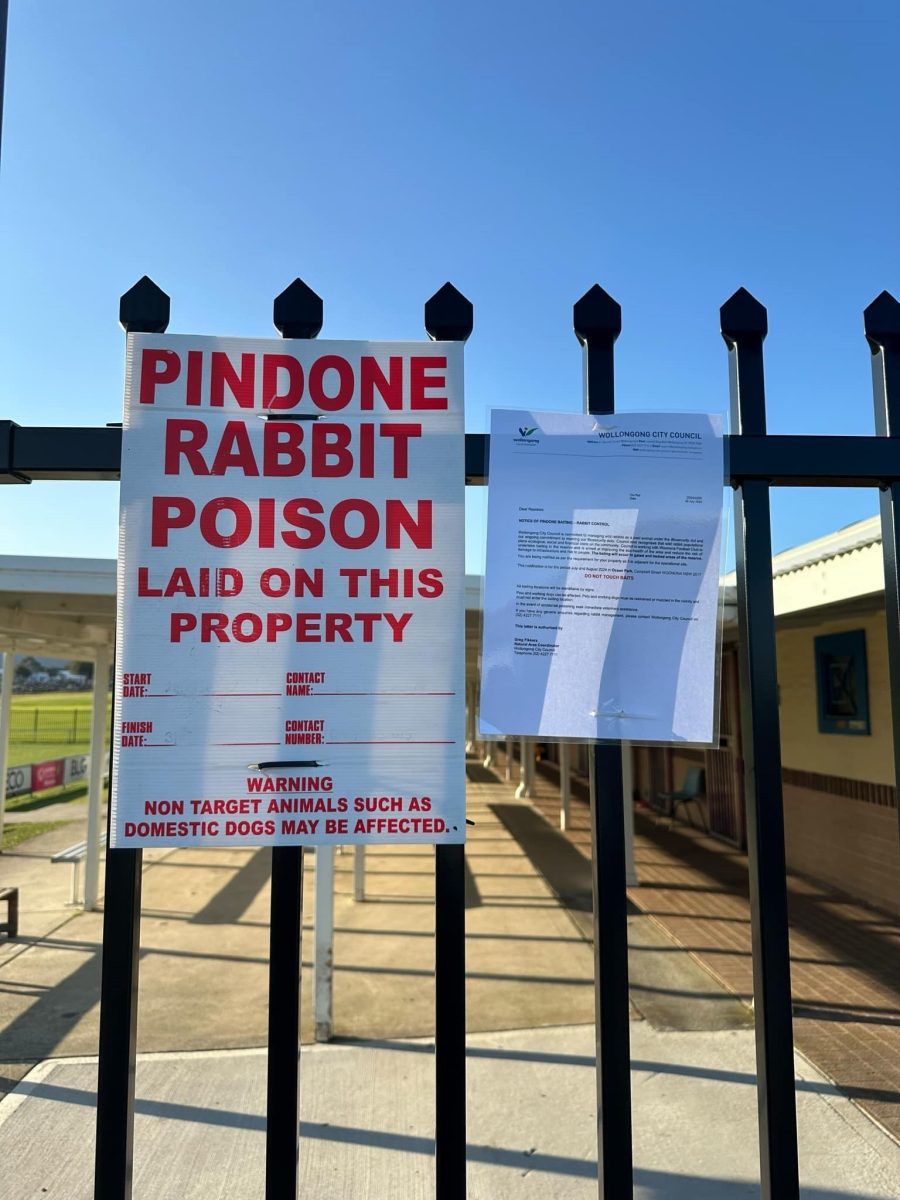
Take care in and around Ocean Park, Woonona – rabbit baits are out. Photo: Jen White.
A sign about pest management has left some members of the community frothing at the mouth.
The fence at Ocean Park, Woonona has a pindone rabbit poison notification attached to it.
The sign urges people not to touch the baits and includes a warning that non-target animals such as pet dogs may be affected.
It is understood the baits will be there throughout August, inside the black fence behind the northern end of Field 1.
Notification posts on social media were flooded with unhappy commenters.
“This is so sad, so inhumane,” one said.
Others worried about the potential for pets or kids coming into contact with the pindone poison.
The anticoagulant poison prevents blood clotting and causes death by internal bleeding. It is toxic to humans as well as animals.
Parents are urged to keep their children away from the area in case they come into contact with the poison.
A spokesperson for Wollongong City Council said the baiting program was undertaken in partnership with the Woonona Football Club.
“The baiting program was at the request of the club who have the licence for Ocean Park,” the spokesperson said.
“The program is underway to manage the impact of the pests who can damage sporting fields, undermine roads and impact threatened plant species and ecological communities. It’s timed to be carried out ahead of the rabbit breeding season.
“While the baits are placed in areas of the reserve that are off-limits to members of the public, we’re asking people to be aware the program is underway and to keep dogs and children away from the area.
“The baits are poisonous to pets and dogs should be kept on leads and not allowed near the baiting location. If a resident is concerned their pet has come into contact with a baiting station, they should immediately seek veterinary assistance.”
Wollongong City Council director of infrastructure and works Joanne Page said the program also helped the council to meet its obligations under the Biosecurity Act.
“The rabbit population around Woonona has boomed in recent times,” she said.
“This targeted program will help protect the local native plants that are eaten by the rabbits, and also to reduce the risk that their digging and burrowing habits will damage playing fields, destabilise waterway banks and cause erosion.’’









